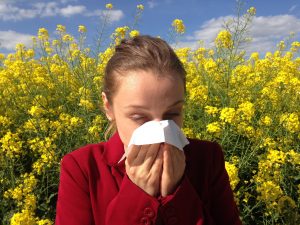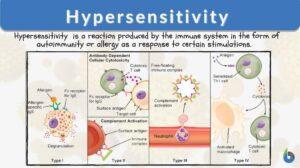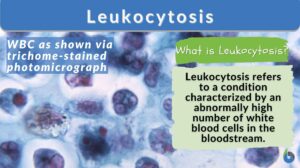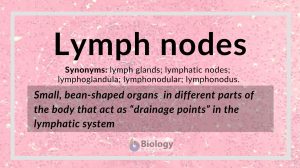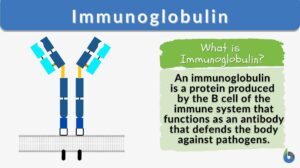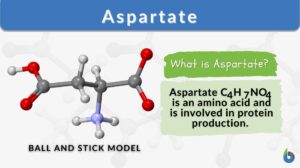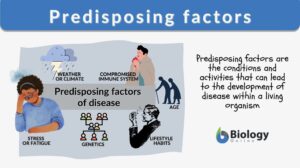Search Results for: allergic
Pathobiology of allergy and its most severe form, anaphylaxis
When allergy season looms, some people with serious hypersensitivity to allergens tend to be apprehensive of what may come.... Read More
Hypersensitivity
Hypersensitivity Definition Hypersensitivity is the exaggerated immune response to protect the human from foreign bodies... Read More
Fructooligosaccharide
Definition noun plural: fructooligosaccharides fruc·to·ol·i·go·sac·cha·ride, ɪhɡəʊˈsækəɹaɪd An... Read More
Genetic Engineering Advantages & Disadvantages
Through genetic engineering, scientists are able to move desirable genes from one plant or animal to another or... Read More
Eosinophil
Definition noun, plural: eosinophils A type of polymorphonuclear leukocyte characterized by having a kidney-shaped nucleus,... Read More
Leukocytosis
What Is Leukocytosis? Leukocytosis is a condition wherein the number of White Blood Cells (WBCs) is increased above the... Read More
Lymph nodes
Lymph nodes definition Lymph nodes are small, bean-shaped organs located in different parts of the body and act as... Read More
Acquired sensitivity
Acquired sensitivity --> allergy 1. (Science: immunology) a state of hypersensitivity induced by exposure to a particular... Read More
Immunoglobulin
Immunoglobulin Definition An immunoglobulin is a globulin molecule produced by the immune cells, for the body's defense... Read More
Bolus injection
A bolus injection is the act of administering a dose of medication or substance directly into the bloodstream by injection.... Read More
Exudate cell
Definition noun, plural: exudate cells Any of the cells participating in the forming of exudate during inflammation or a... Read More
Corticosteroid
Definition noun, plural: corticosteroids A steroid hormone produced by the adrenal cortex, e.g. glucocorticoids and... Read More
Eicosanoid
Definition noun, plural: eicosanoids Any of the substances derived from arachidonic acid or other polyunsaturated fatty... Read More
Autoimmune disease
Definition noun, plural: autoimmune diseases A type of disease as a result of an immune response of the body against own... Read More
Physalia physalis
Definition noun A species within the family Physaliidae characterized by being in a colony resembling a... Read More
Predisposing factors
All organisms can be born with or develop a disease at any point in their lifetime. When someone is born with a disease, it... Read More
Diaphoresis
What is Diaphoresis? Diaphoresis is referred to excessive or profuse perspiration or sweating which may be due to... Read More
Anaphylactic shock
Anaphylactic shock (Science: immunology) a serious, often life-threatening allergic reaction that is characterised by low... Read More
